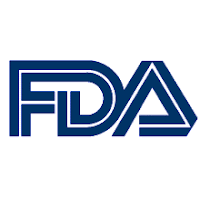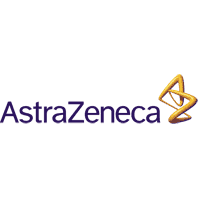FDA OKs New Psoriasis Drug Stelara
The FDA today approved a new biologic drug called Stelara for the treatment of moderate to severe plaque psoriasis in adults.
Plaque psoriasis is an immune system disorder that results in the rapid overproduction of skin cells. According to the FDA, about 6 million people in the U.S. have plaque psoriasis, which is characterized by thickened patches of inflamed, red skin, often covered with silvery scales.
Stelara is given by injection. After the first shot, patients get another shot four weeks later, and then a shot every 12 weeks.
An FDA advisory panel recommended the drug for FDA approval in June 2008. At the time, Stelara was referred to by the name of its active ingredient, ustekinumab.
"This approval provides an alternative treatment for people with plaque psoriasis, which can cause significant physical discomfort from pain and itching and result in poor self-image for people who are self-conscious about their appearance," Julie Beitz, MD, director of the Office of Drug Evaluation III in the FDA's Center for Drug Evaluation and Research, says in a news release.
Stelara is a monoclonal antibody, a lab-made molecule that mimics the body's own antibodies that are produced as part of the immune system. Stelara treats psoriasis by blocking the action of two proteins that contribute to the overproduction of skin cells and inflammation.
The FDA approved Stelara based on three studies of 2,266 patients who either got shots of Stelara or a placebo. Patients who got Stelara were more likely to achieve the studies' benchmark for reduction in psoriasis, according to Centocor Ortho Biotech Inc., which makes Stelara.
In a news release, the FDA notes that because Stelara reduces the immune system's ability to fight infections, the product poses a risk of infection. "Serious infections have been reported in patients receiving the product and some of them have led to hospitalization. These infections were caused by viruses, fungi, or bacteria that have spread throughout the body. There may also be an increased risk of developing cancer," the FDA states.
The FDA is requiring a risk evaluation and mitigation strategy for Stelara that includes a communication plan targeted to health care providers and a medication guide for patients.
Plaque psoriasis is an immune system disorder that results in the rapid overproduction of skin cells. According to the FDA, about 6 million people in the U.S. have plaque psoriasis, which is characterized by thickened patches of inflamed, red skin, often covered with silvery scales.
Stelara is given by injection. After the first shot, patients get another shot four weeks later, and then a shot every 12 weeks.
An FDA advisory panel recommended the drug for FDA approval in June 2008. At the time, Stelara was referred to by the name of its active ingredient, ustekinumab.
"This approval provides an alternative treatment for people with plaque psoriasis, which can cause significant physical discomfort from pain and itching and result in poor self-image for people who are self-conscious about their appearance," Julie Beitz, MD, director of the Office of Drug Evaluation III in the FDA's Center for Drug Evaluation and Research, says in a news release.
Stelara is a monoclonal antibody, a lab-made molecule that mimics the body's own antibodies that are produced as part of the immune system. Stelara treats psoriasis by blocking the action of two proteins that contribute to the overproduction of skin cells and inflammation.
The FDA approved Stelara based on three studies of 2,266 patients who either got shots of Stelara or a placebo. Patients who got Stelara were more likely to achieve the studies' benchmark for reduction in psoriasis, according to Centocor Ortho Biotech Inc., which makes Stelara.
In a news release, the FDA notes that because Stelara reduces the immune system's ability to fight infections, the product poses a risk of infection. "Serious infections have been reported in patients receiving the product and some of them have led to hospitalization. These infections were caused by viruses, fungi, or bacteria that have spread throughout the body. There may also be an increased risk of developing cancer," the FDA states.
The FDA is requiring a risk evaluation and mitigation strategy for Stelara that includes a communication plan targeted to health care providers and a medication guide for patients.
read more» Read more...














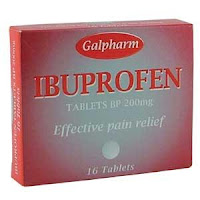





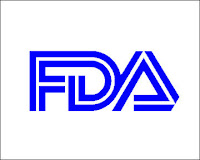
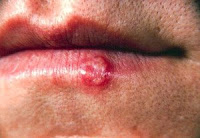.jpg)


